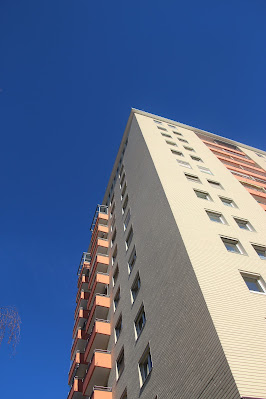What Are My Rights As A Tenant?
As a tenant, it's important to be aware of your rights in order to protect yourself from any potential exploitation or mistreatment by landlords. The law provides several protections for tenants, and it's important to understand what those protections are. In this article, we'll go over some of the basic rights that tenants have, as well as some relevant legal citations and resources for further information.
The Right to a Habitable Living Space
One of the most basic rights that tenants have is the right to a livable dwelling. This means that landlords have a legal obligation to provide tenants with a living space that is safe, clean, and free from any major health hazards. Examples of things that landlords are responsible for maintaining include plumbing, heating, electrical systems, and general upkeep of the property. If landlords fail to maintain their property to a reasonable standard, tenants have the right to file a complaint with their local housing authority or take legal action.
The Right to Privacy
Another fundamental right of tenants is the right to privacy. Landlords are not permitted to enter a tenant's dwelling without permission, except in certain circumstances, such as an emergency or if the tenant has abandoned the property. Additionally, landlords must give tenants reasonable notice before entering their living space for non-emergency reasons, such as making repairs. Failure to respect a tenant's right to privacy can result in legal action being taken against the landlord.
The Right to Non-Discrimination
Tenants have the right to be free from discrimination based on factors such as race, religion, national origin, sex, disability, and familial status. The Fair Housing Act is a federal law that prohibits discrimination in housing, and many states and cities have additional laws in place to protect tenants from discrimination. If a tenant feels that they have been discriminated against, they can file a complaint with the U.S. Department of Housing and Urban Development or seek legal action.
The Right to a Reasonable Security Deposit
Many landlords require tenants to pay a security deposit before moving in, which is intended to cover any damages that the tenant may cause to the property during their tenancy. However, landlords are not allowed to charge excessive security deposits, and in some states, they are required to provide tenants with an itemized list of any deductions made from the deposit when the tenant moves out. Tenants can take legal action if they feel that their landlord has unfairly withheld their security deposit.
External Resources
There are many resources available to tenants who want to learn more about their rights and take action if those rights are violated. One helpful resource is the website of the National Housing Law Project, which provides information on various aspects of tenant rights and has a directory of legal service providers for low-income tenants.
Conclusion
In conclusion, tenants have several important rights that are protected by law, including the right to a habitable living space, the right to privacy, the right to non-discrimination, and the right to a reasonable security deposit. By understanding these rights and knowing how to enforce them, tenants can protect themselves from exploitation and ensure that they are treated fairly by their landlords.




Post a Comment
0 Comments